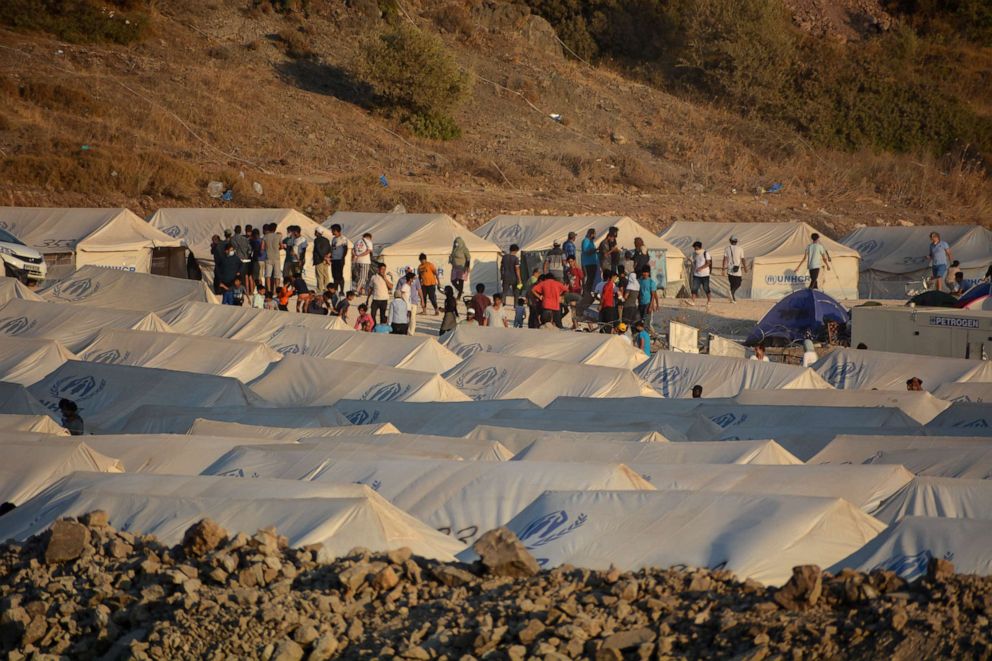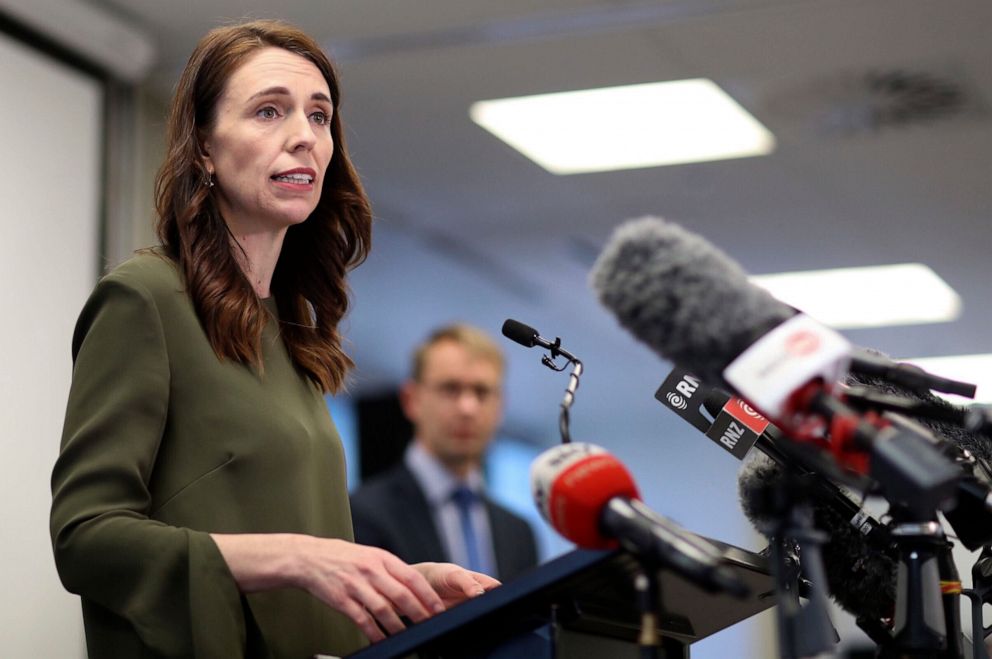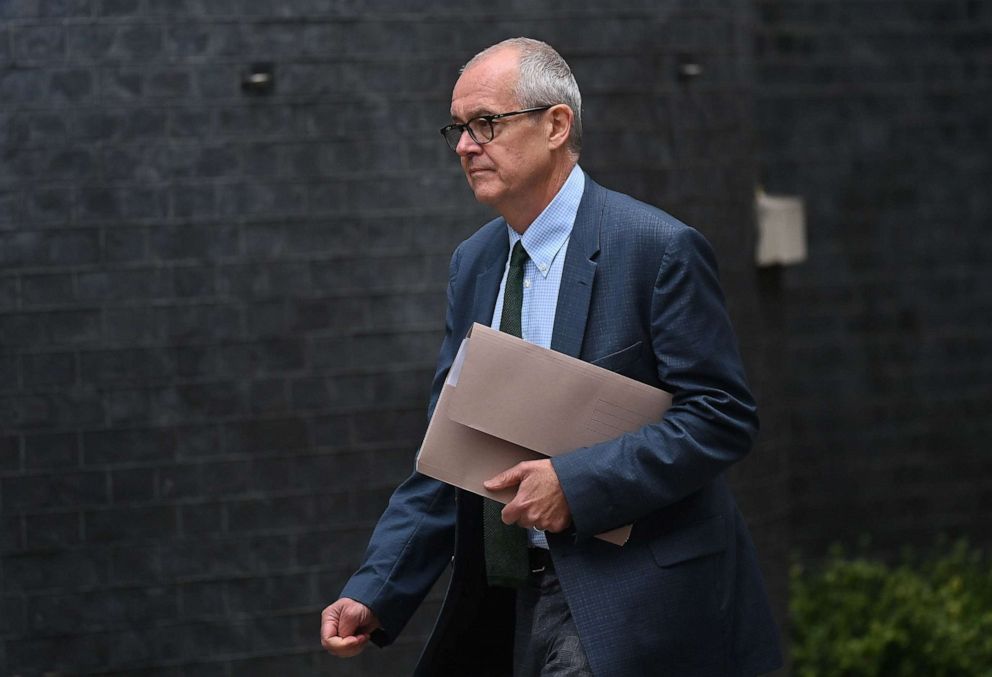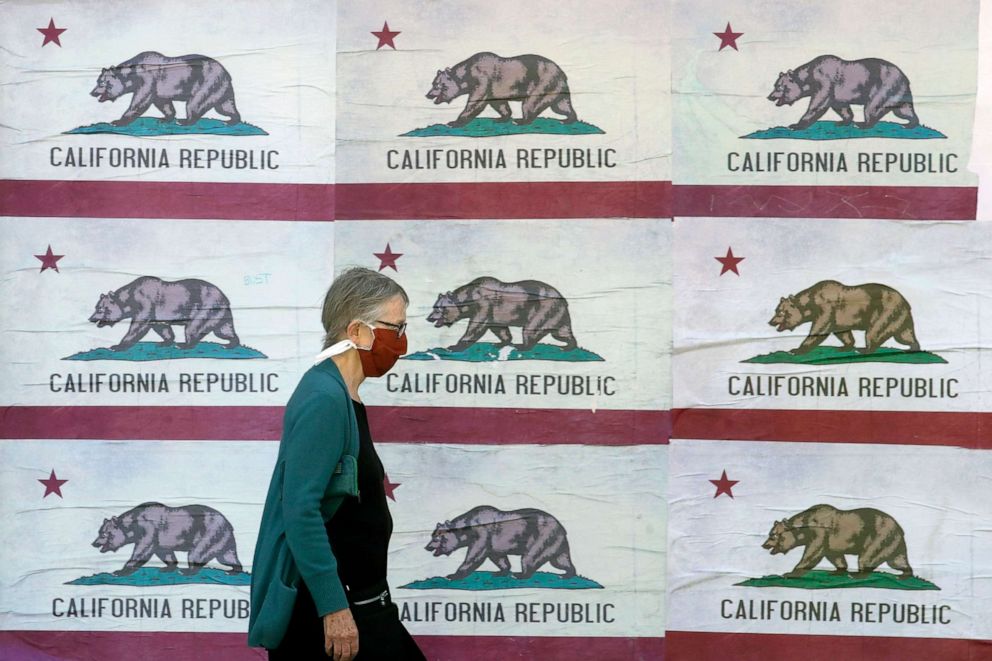Hundreds of asylum seekers test positive for COVID-19 in Greece
More than 200 asylum seekers who recently resettled at a new temporary camp on the Greek island of Lesbos, after the old one had burned down, have tested positive for COVID-19, according to Greek government spokesmen Stelios Petsas.
During a regular press briefing Monday, Petsas said that all 7,064 individuals who were admitted to the new Kara Tepe camp, near the island's capital Mytilene, had been tested for COVID-19 and that 243 of them were found to be infected.
The average age of those who tested positive was 24, and most didn't have any symptoms, according to Petsas.

Another 160 people who had come into contact with the migrants, mostly police officers and administrative staff at the camp, were also tested for the virus but all had negative results, Petsas said.
The new facility is not far from the remains of the Moria camp, where fires forced some 12,000 migrants to flee last week and seek shelter. Greek police believe the blazes were set deliberately by a small group of migrants angered by a lockdown imposed after a COVID-19 outbreak at the overcrowded camp. Six people, all Afghan nationals, have been arrested on suspicion of arson.







